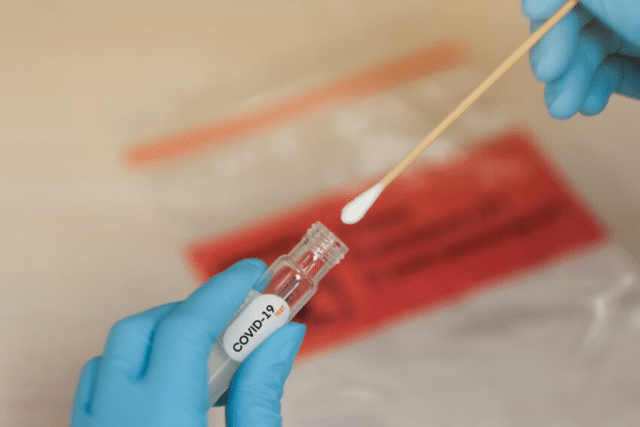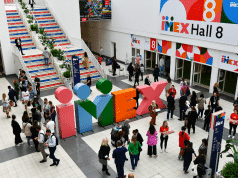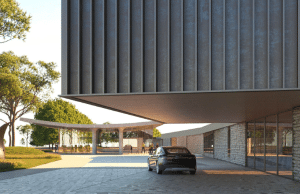Novel testing method for COVID-19
Researchers from the University of Birmingham, U.K., have confirmed the speed, accuracy and simplicity of a novel, highly sensitive testing method for COVID-19 that can be deployed at entertainment venues, airport arrival terminals, and in remote settings where clinical testing laboratories are not available.
The scientists used a three way comparison study to confirm that the Exponential Amplification Reaction (EXPAR) method is just as sensitive, but faster, than both PCR and LAMP tests which are currently used in hospital settings. The Birmingham COVID-19 test, called RTF-EXPAR, gives a sample-to-signal time of under 10 minutes, even for low viral levels where current lateral flow tests are less effective.
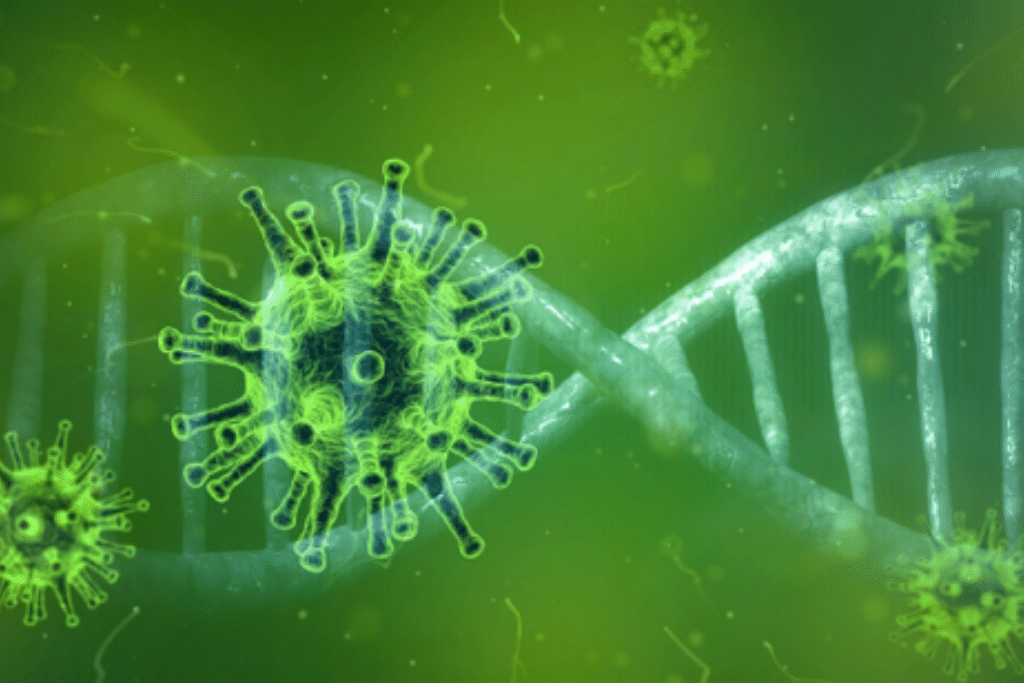
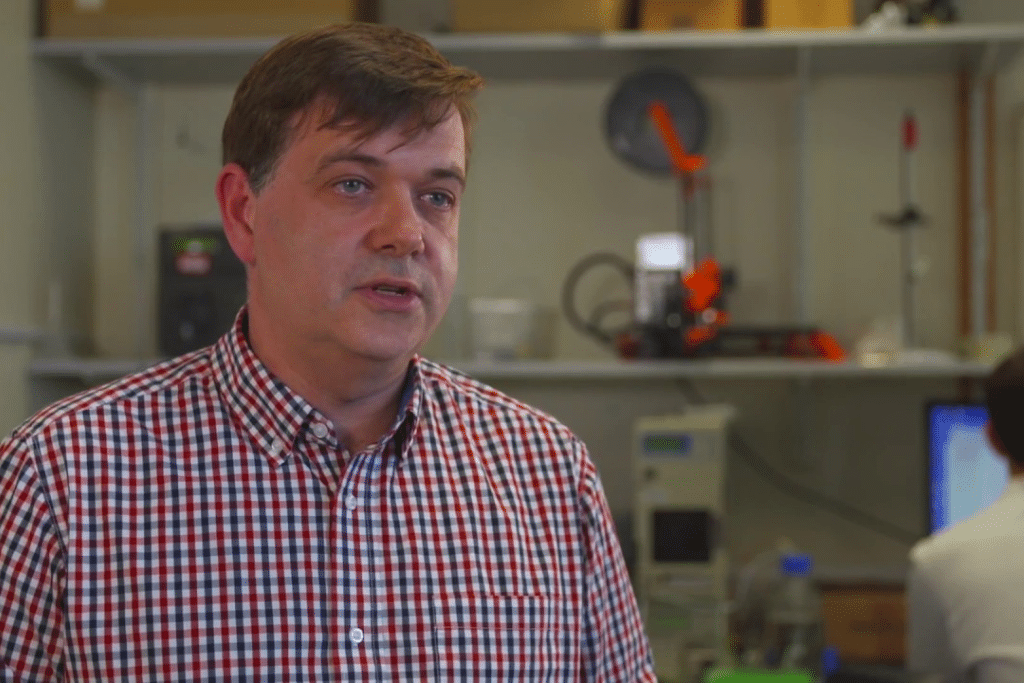
The study revealed that the RTF-EXPAR method converts under 10 strands of RNA into billions of copies of DNA in under 10 minutes, using a one-pot assay that is compatible with more basic, benchtop equipment than that used with current testing methods.
RTF-EXPAR also demonstrated significant improvements over both PCR and LAMP-based assays on time to signal detection. At low concentrations of RNA (7.25 copies/µL), the time to signal detection was 42.67 (± 0.47) minutes for PCR, 11.25 (± 0.20) minutes for LAMP, and 8.75 (± 0.35) minutes for EXPAR. At high (1450 copies/µL) concentrations of viral RNA, the time to signal detection was 34.00 (± 0.00) minutes for PCR, 11.25 (± 0.20) minutes for LAMP, and 3.08 (± 0.42) minutes for EXPAR.
Identification of the optimal sequence was clearly an important step in the development of the EXPAR method, and the sequence detected in the study, which comes from the Orf1ab gene in the SARS-CoV-2 genome, has been shown to be conserved in all current variants of COVID1. However, the RTF-EXPAR method can be quickly adapted should new variants emerge, or for testing other viral pathogens such as Influenza, Respiratory Syncytial Virus (RSV), or Ebola, where near-patient testing is required to prevent more widespread transmission.
The assay has been tested at the Surgical Research Laboratory at the University of Birmingham. Professor Andrew Beggs, whose team conducted the testing, commented: “The testing used swabs containing a typical range of viral loads seen during the pandemic, and had a six-minute cut-off time. The analysis showed RTF-EXPAR’s sensitivity is equivalent to quantitative PCR testing, with a positive predictive value of 89%, and a negative predictive value of 93%. We expect to publish the full results of this testing in the near future.”
The team is now seeking commercial partners for rapid licensing, to make the RTF-EXPAR test as available as widely as possible.


